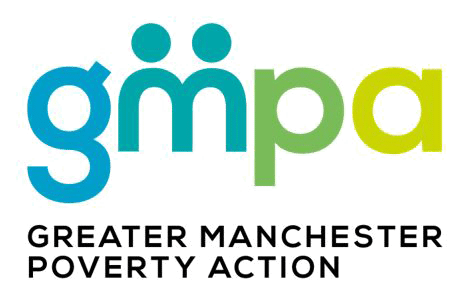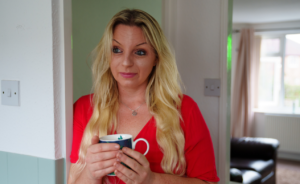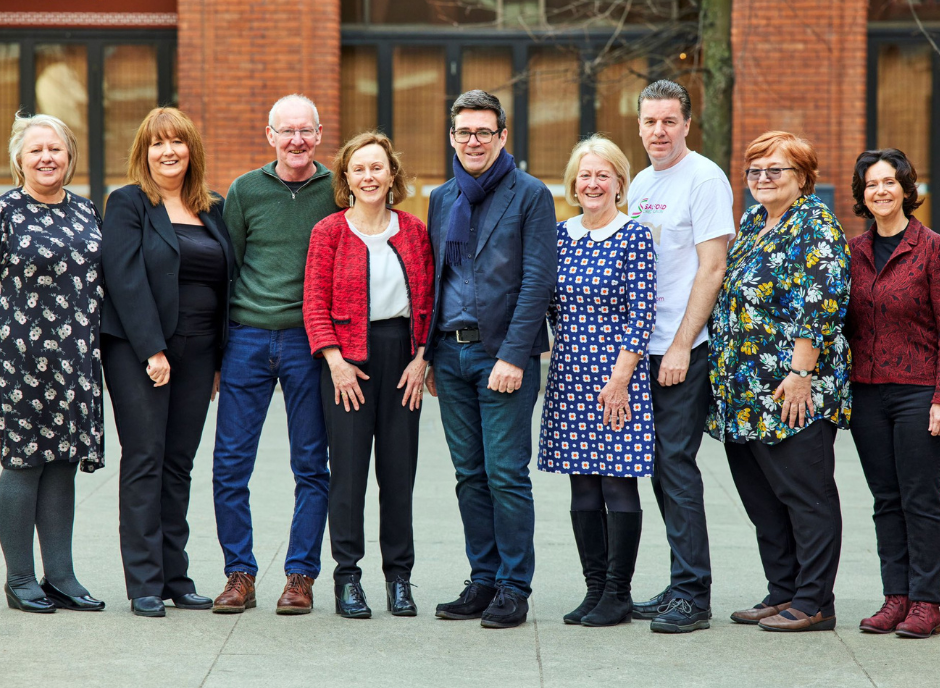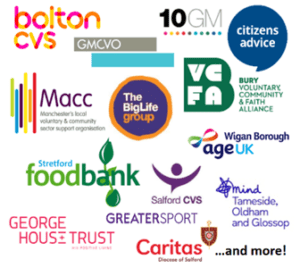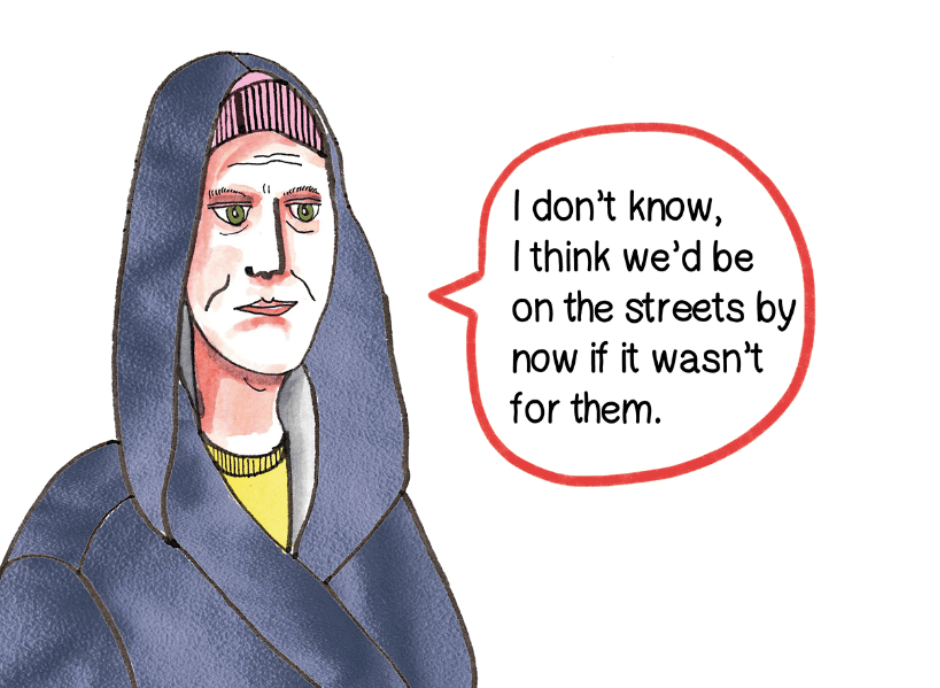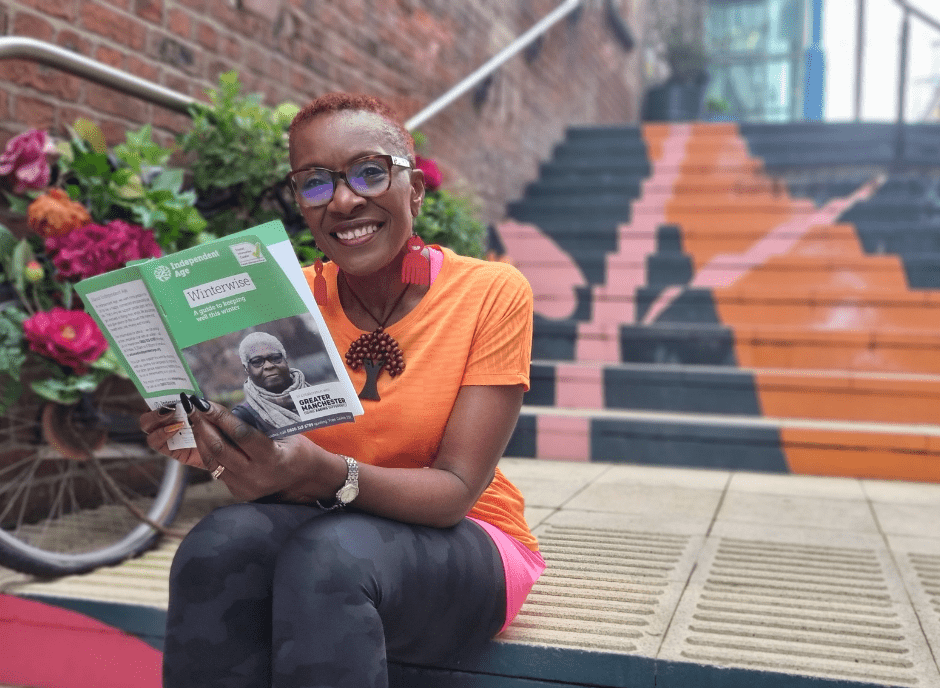By Mallory Morehead, Programme Manager at the Centre for Applied Education Research and Megan Wood, Post-doctoral Research Fellow at the University of Leeds
Children in the North of England experience rates of poverty well above those in the South.
Growing up in poverty means children are more likely to experience many health and education challenges across their lifespan: multiple vulnerabilities, limitations on learning, increased school absences, poor health outcomes, poor academic achievement, and fewer life chances. But they are more likely to attend a school that gets less funding than schools in the South of England.
These problems are highlighted in new report, Addressing Education and Health Inequity: Perspectives from the North of England, launched in September by the Child of the North All Party Parliamentary Group (COTN APPG). The COTN APPG exists to develop policy solutions to inequalities experienced by children in the North of England.
The report, authored by experts from the N8+ consortium of research-intensive universities in the North, describes the stark inequalities between children in the North and South of England. The report shows these inequalities were exacerbated by the COVID-19 pandemic and cost-of-living crisis. The report – co-authored with practitioners, service-providers, and policymakers— provides specific evidence-based recommendations for policy change.
The report highlights that “children born into the poorest fifth of families in the UK are almost 13 times more likely to experience poor health and educational outcomes by the age of 17 years” and “children from the lowest income households are five times more likely to experience poor academic achievement”.
There are also higher rates of children in the North who start school at below-expected levels of development, and higher rates of children who have been born into unhealthy environments, are under local authority care, and/or who have suffered from neglect and abuse.
Higher levels of poverty and a wide range of other challenges and inequalities faced by children in the North has meant that schools are serving disproportionate numbers of children and young people with additional needs. However, the National Funding Formula (NFF) – which determines how much funding is allocated to each school – has not addressed this additional burden. The NFF is now changing but there is a lag before the new formula determines funding.
The report recommends that additional funding should be allocated in the most disadvantaged areas from 2025-30, to support secondary and post-16 education providers. They also argue that the NFF criteria should be further adjusted so that the funding accounts for the additional health burden on schools serving disadvantaged areas.
However, the report also suggests that additional funding alone is not enough. Several initiatives that can improve health and education outcomes are described, which have been trialled in Northern England and could be scaled up in order to improve outcomes for children across the UK:
- Creating formal partnerships between services with and through schools at the local authority level
- Incorporating local universities as the Research & Development departments for local authorities to drive evidence-based practice through collaborative working
- Establishing connected datasets to include data from across local services (e.g., healthcare, policing, education), to enable coordination of public service delivery
- Delivering health services through school-based “hubs”, so that they are more accessible for children and young people whilst reducing the burden on outside services and minimising extensive waiting lists.
The report argues that Government can implement these approaches and help ensure that all children have a good start in life, lessen the burden on public services in the future (including the NHS, social care, and criminal justice system), and reduce the inequalities between children in the North and South of England.
To access the full report, click here.
For more articles like this straight to your inbox, sign up to our newsletter.
